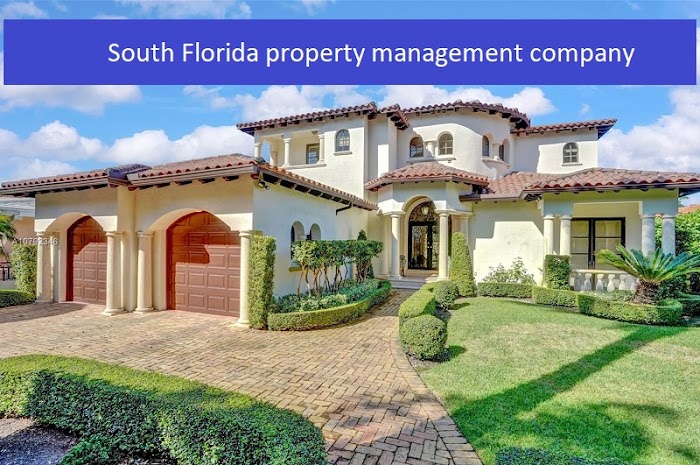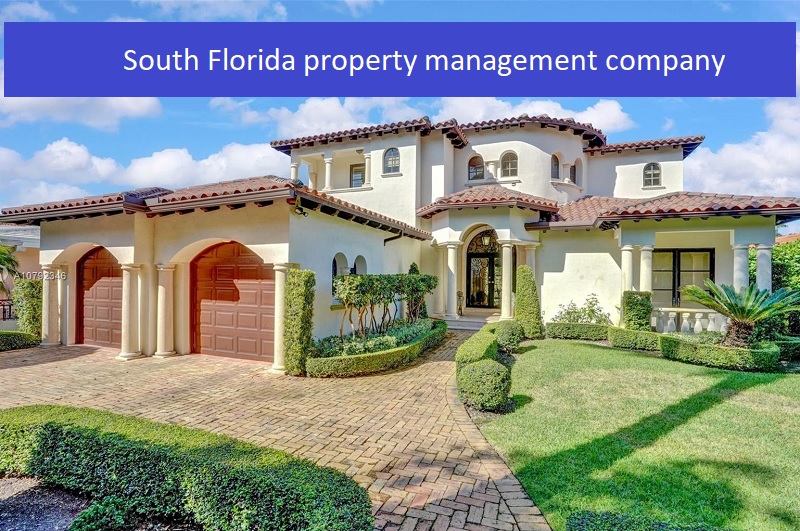
Contemplating buying a speculation property? The land has delivered a significant number of the world's most well-off individuals, so there are a lot of motivations to believe that it is a sound venture. Specialists concur, in any case, that similarly as with any speculation, it's smarter to be knowledgeable prior to making a plunge with a huge number of dollars. Here are the things you ought to consider and explore.
1. Is it true that you are Cut out to Be a Landlord?
Do you know as you would prefer around a tool compartment? How are you at fixing drywall or unclogging a latrine? Indeed, you could call someone to do it for you or you could enlist a property administrator, yet that will eat into your benefits. Landowners who have a couple of homes frequently fix upset aside cash.
Obviously, that changes as you add more properties to your portfolio. Lawrence Pereira, leader of King Harbor Wealth Management in Redondo Beach, Calif., lives on the West Coast, however, claims properties on the East Coast. As somebody who says he's not in the least helpful, he makes it work. How? "I set up a strong group of cleaners, jacks of all trades, and project workers," says Pereira.
2. Pay Down Personal Debt
Shrewd financial backers may convey obligation as a component of their portfolio venture system, yet the normal individual ought to keep away from it. In the event that you have understudy loans, neglected hospital expenses, or kids who will go to school soon, then, at that point, buying an investment property may not be the right move.
Pereira concurs that being wary is critical, saying, "It's not important to square away obligation if your return from your land is more noteworthy than the expense of obligation. That is the computation you need to make." Pereira recommends having a money pad. "Try not to set yourself in where you do not have the money to make installments on your obligation. Continuously have an edge of wellbeing."
3. Secure a Downpayment
Venture properties for the most part require a bigger downpayment than do proprietor-involved properties; they have more tough endorsement necessities. The 3% you might have put down on the home where you right now live won't work for a venture property. You will require somewhere around a 20% downpayment, considering that contract protection isn't accessible on investment properties. You might have the option to acquire the downpayment through bank financing, like an individual advance.
4. Track down the Right Location
The last thing you need is to be left with an investment property in a space that is declining instead of stable or getting steam. A city or region where the populace is developing and a renewal plan is in progress address a potential speculation opportunity.
While picking a beneficial investment property, search for an area with low local charges, a respectable school region, and a lot of conveniences, like parks, shopping centers, cafés, and cinemas. What's more, a neighborhood with low crime percentages, admittance to public transportation, and a developing position market might mean a bigger pool of possible leaseholders.
Our management company take pride in our rental properties. We manage all types of South Florida rental homes. Contact us if you need assistance for South Florida property management.
5. Would it be advisable for you to Buy or Finance?
Is it better to purchase with cash or to fund your venture property? That relies upon your contributing objectives. Paying money can assist with creating positive month-to-month income. Take an investment property that costs $100,000 to purchase. With rental pay, expenses, deterioration, and personal assessment, the money purchaser could see $9,500 in yearly income, or a 9.5% yearly profit from the $100,000 venture.
Then again, financing can give you a more noteworthy return. For a financial backer who puts down 20% on a house, with building at 4% on the home loan, in the wake of taking out working costs and extra premium, the profit amount to generally $5,580 each year. Income is lower for the financial backer, however, a 27.9% yearly profit from the $20,000 venture is a lot higher than the 9.5% brought in by the money purchaser.



0 Comments: